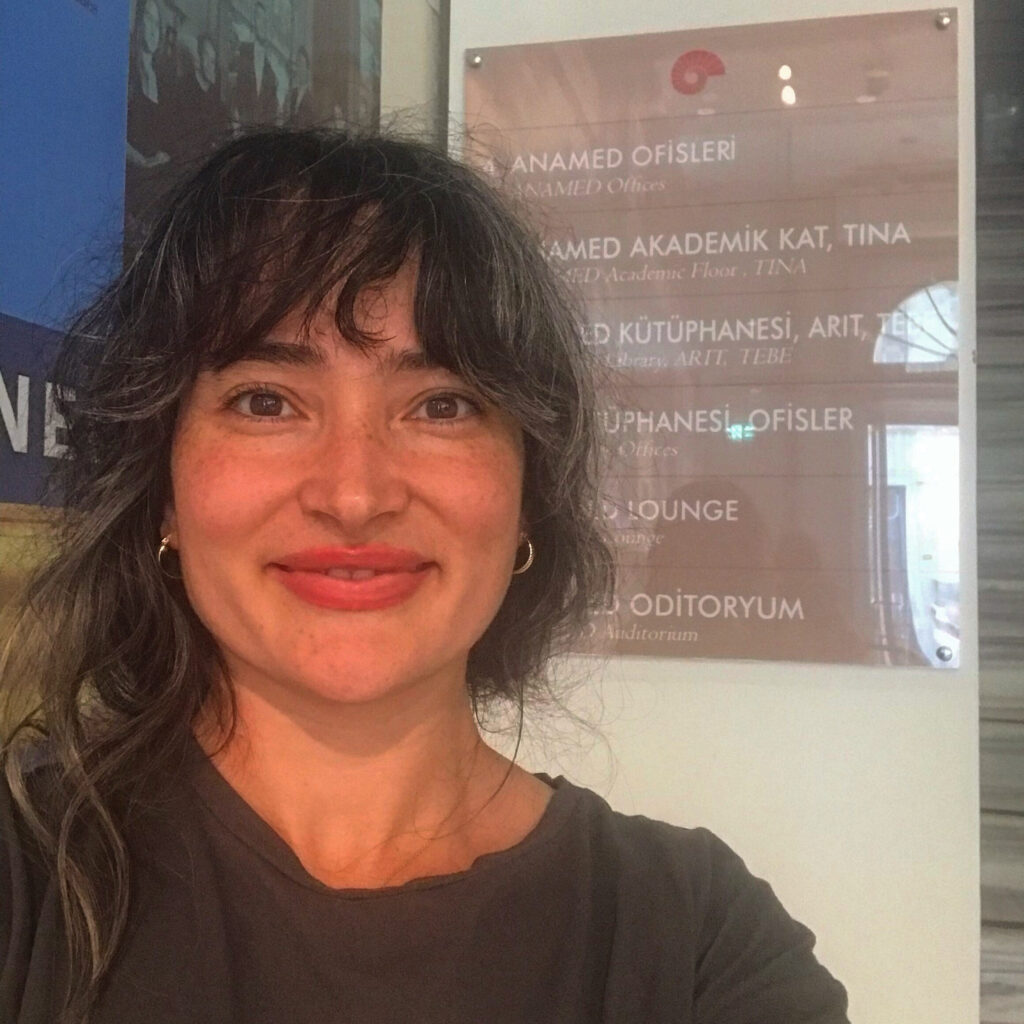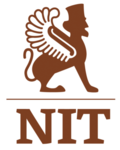by Ebru Kurt Özman

As a recipient of the Fall 2023 fellowship at the Netherlands Institute in Turkey (NIT), I’m truly thankful for this wonderful opportunity. The warm and friendly environment fostered by the NIT staff, notably Aysel Arslan and director Fokke Gerritsen, played a significant role in the success of my research stay at this institute.
My research explores the dynamics of community politics and urban regeneration in Istanbul’s left-behind places, with a special focus on the neighborhoods of Sariyer Derbent and Fikirtepe. These neighborhoods, representative of Istanbul’s rapid urbanization, highlight the clash between informal housing, authoritarian interventions and entrepreneurial governance. My aim is to unravel how diverse actor groups, who are leading, involved in, or affected by the process, notably the state and local communities, react to and engage in large-scale urban redevelopment. During my research at the NIT, the primary goal of my study focused on these reactions/responses by various stakeholders. Termed ‘entrepreneurial acts’ in our context, these actions evolve into transformative practices. They are deeply influenced by the ever-changing urban landscape and social dynamics of these areas.
Throughout my fellowship, I conducted some part of my research’s fieldwork that included in-depth interviews with residents, local community associations, and urban planners. This direct engagement was crucial in gaining a comprehensive understanding of the community’s perspectives. Through observational visits to these neighborhoods, I was able to witness the fusion/juxtaposition of before and now, embedded planning perceptions, and their contemporary reinterpretations, along with their socio-cultural impacts. Additionally, the time I spent at the NIT and ANAMED libraries was dedicated to thoroughly analyzing and organizing the secondary and first-hand data & documents I had collected, which were crucial in supporting the empirical aspects of my research.
My findings have revealed a complex web of community resilience, flexibility, and adaptability. In neighborhoods like Sariyer Derbent and Fikirtepe, I observed residents exhibiting diverse forms of creativity and entrepreneurialism in response to the ongoing development changes and adapting to the evolving urban landscape. These insights underscore the importance of well-established (institutionalized) community-led initiatives in driving urban redevelopment processes, emphasizing the need for more inclusive urban planning methods.
My fellowship enabled a fruitful blend of desk research and on-the-ground insights, enhancing both the theoretical and evidence-based inputs of my work. The empirical evidence gathered has enriched my understanding of urban regeneration and community engagement. The interdisciplinary environment at the NIT was invaluable, facilitating exchanges with scholars from diverse fields and broadening the scope of my aspect. The access to NIT’s extensive library and academic networks was particularly beneficial.
In conclusion, the fellowship at the NIT has significantly shaped my understanding of urban transformation and community dynamics in Istanbul. It has been instrumental in bridging theoretical concepts with practical insights, thereby adding significant value to my research. My heartfelt thanks go once again to the NIT staff, Aysel and Eser, for their continuous support, and for creating an inspiring research environment. This fellowship at the NIT has also been transformative for me, renewing my connection with Istanbul and its dynamic culture, and reminding me of the distinctive resilience of its communities, especially after spending three years in Amsterdam.
